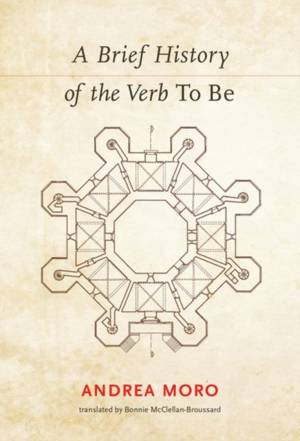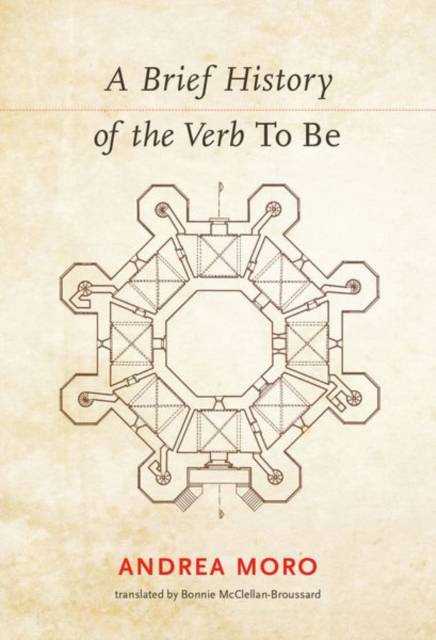
- Retrait gratuit dans votre magasin Club
- 7.000.000 titres dans notre catalogue
- Payer en toute sécurité
- Toujours un magasin près de chez vous
- Retrait gratuit dans votre magasin Club
- 7.000.0000 titres dans notre catalogue
- Payer en toute sécurité
- Toujours un magasin près de chez vous
Description
Beginning with the early works of Aristotle, the interpretation of the verb to be runs through Western linguistic thought like Ariadne's thread. As it unravels, it becomes intertwined with philosophy, metaphysics, logic, and even with mathematics--so much so that Bertrand Russell showed no hesitation in proclaiming that the verb to be was a disgrace to the human race.
With the conviction that this verb penetrates modern linguistic thinking, creating scandal in its wake and, like a Trojan horse of linguistics, introducing disruptive elements that lead us to rethink radically the most basic structure of human language--the sentence--Andrea Moro reconstructs this history. From classical Greece to the dueling masters of medieval logic through the revolutionary geniuses from the seventeenth century to the Enlightenment, and finally to the twentieth century--when linguistics became a driving force and model for neuroscience--the plot unfolds like a detective story, culminating in the discovery of a formula that solves the problem even as it raises new questions--about language, evolution, and the nature and structure of the human mind. While Moro never resorts to easy shortcuts, A Brief History of the Verb To Be isn't burdened with inaccessible formulas and always refers to the broader picture of mind and language. In this way it serves as an engaging introduction to a new field of cutting-edge research.
Spécifications
Parties prenantes
- Auteur(s) :
- Traducteur(s):
- Editeur:
Contenu
- Nombre de pages :
- 304
- Langue:
- Anglais
- Collection :
Caractéristiques
- EAN:
- 9780262037129
- Date de parution :
- 12-01-18
- Format:
- Livre relié
- Format numérique:
- Genaaid
- Dimensions :
- 145 mm x 203 mm
- Poids :
- 408 g

Les avis
Nous publions uniquement les avis qui respectent les conditions requises. Consultez nos conditions pour les avis.






